
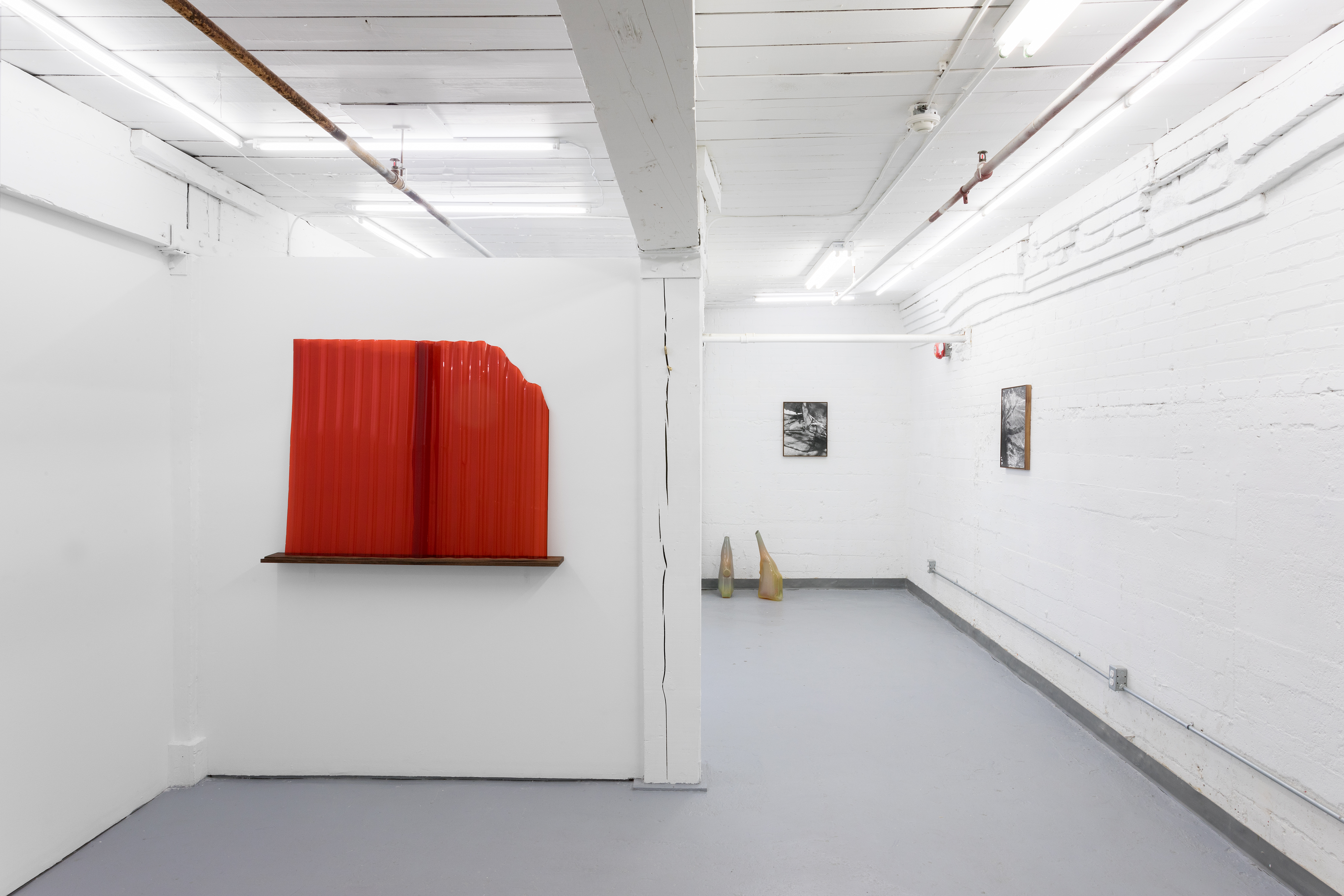

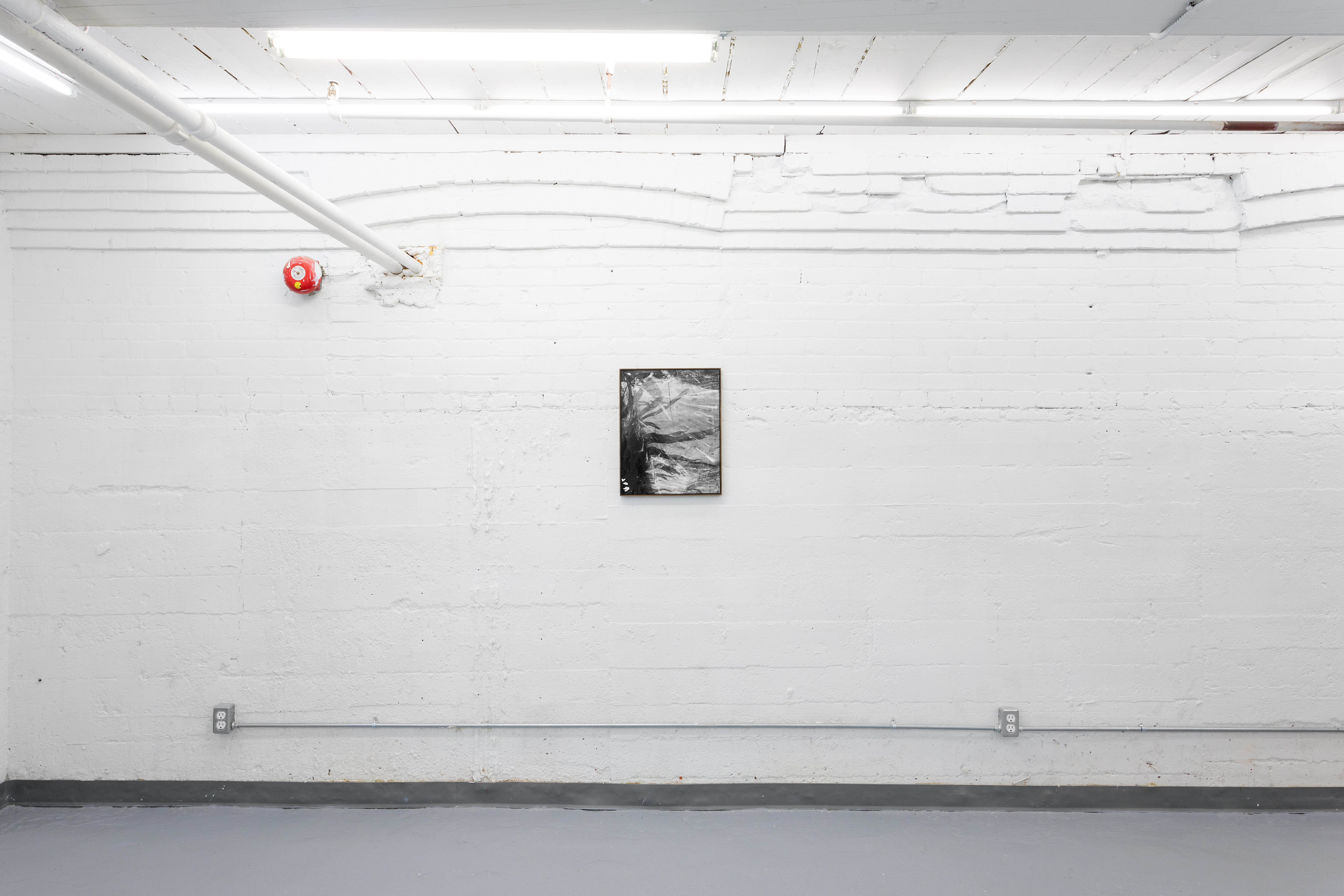
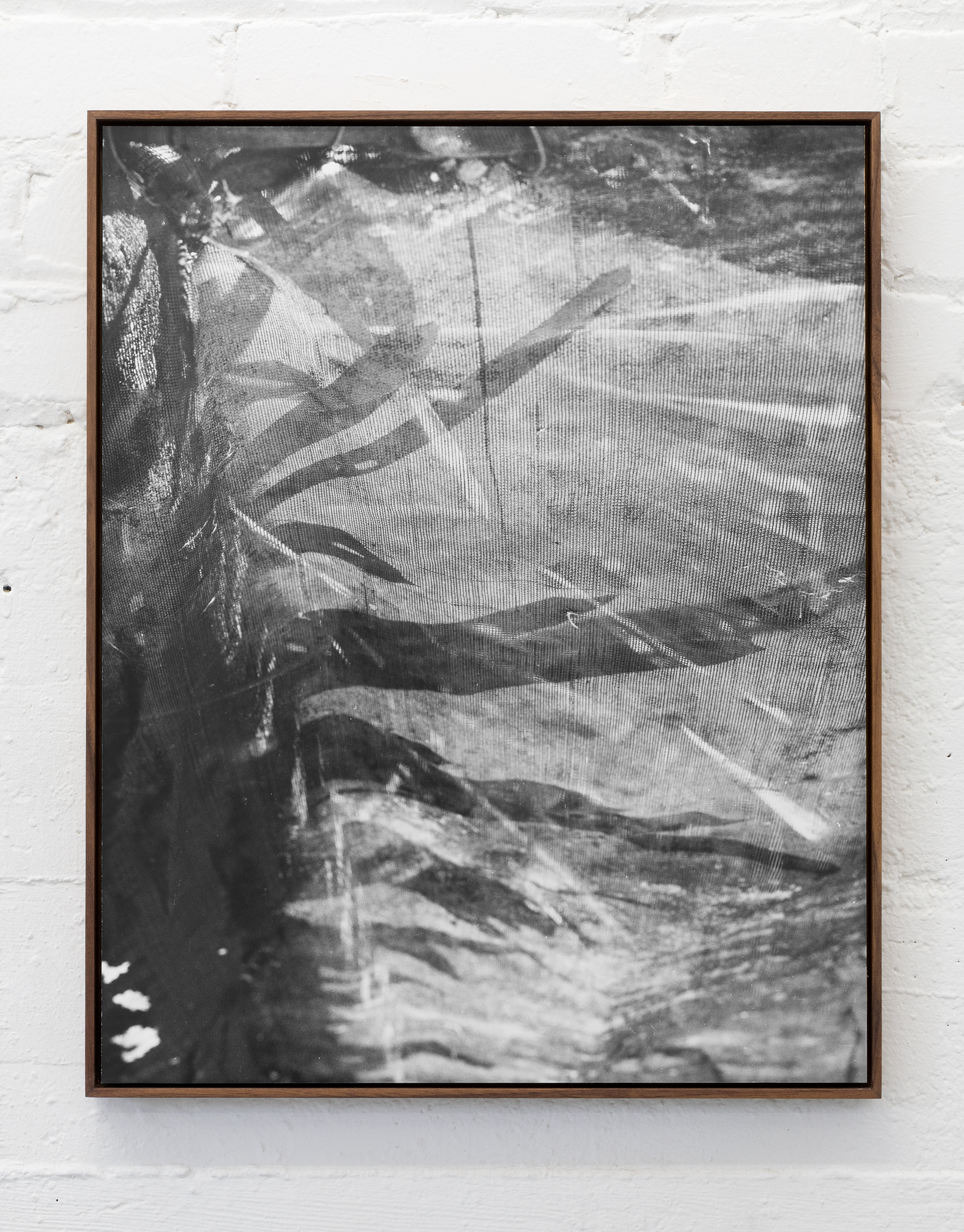
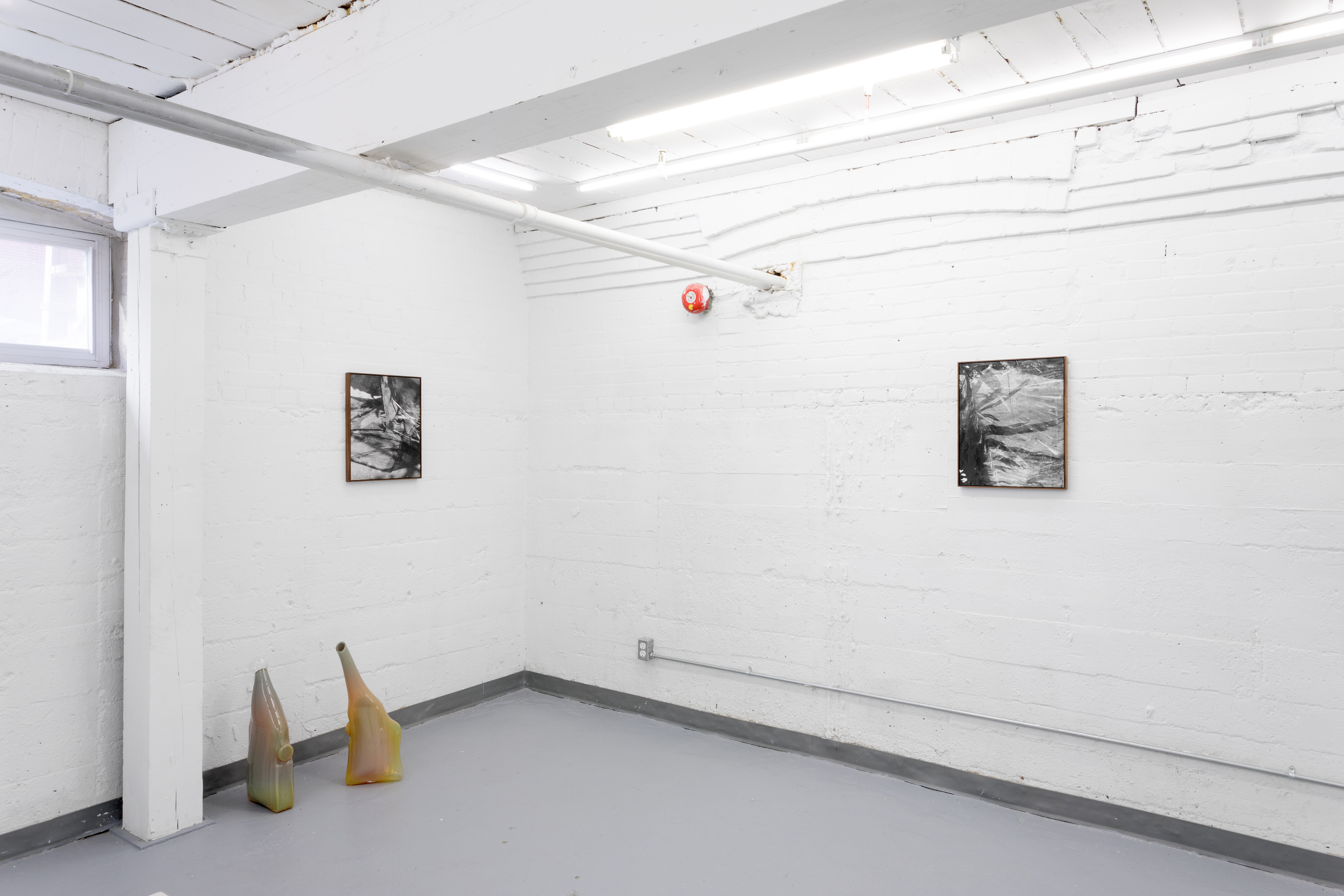


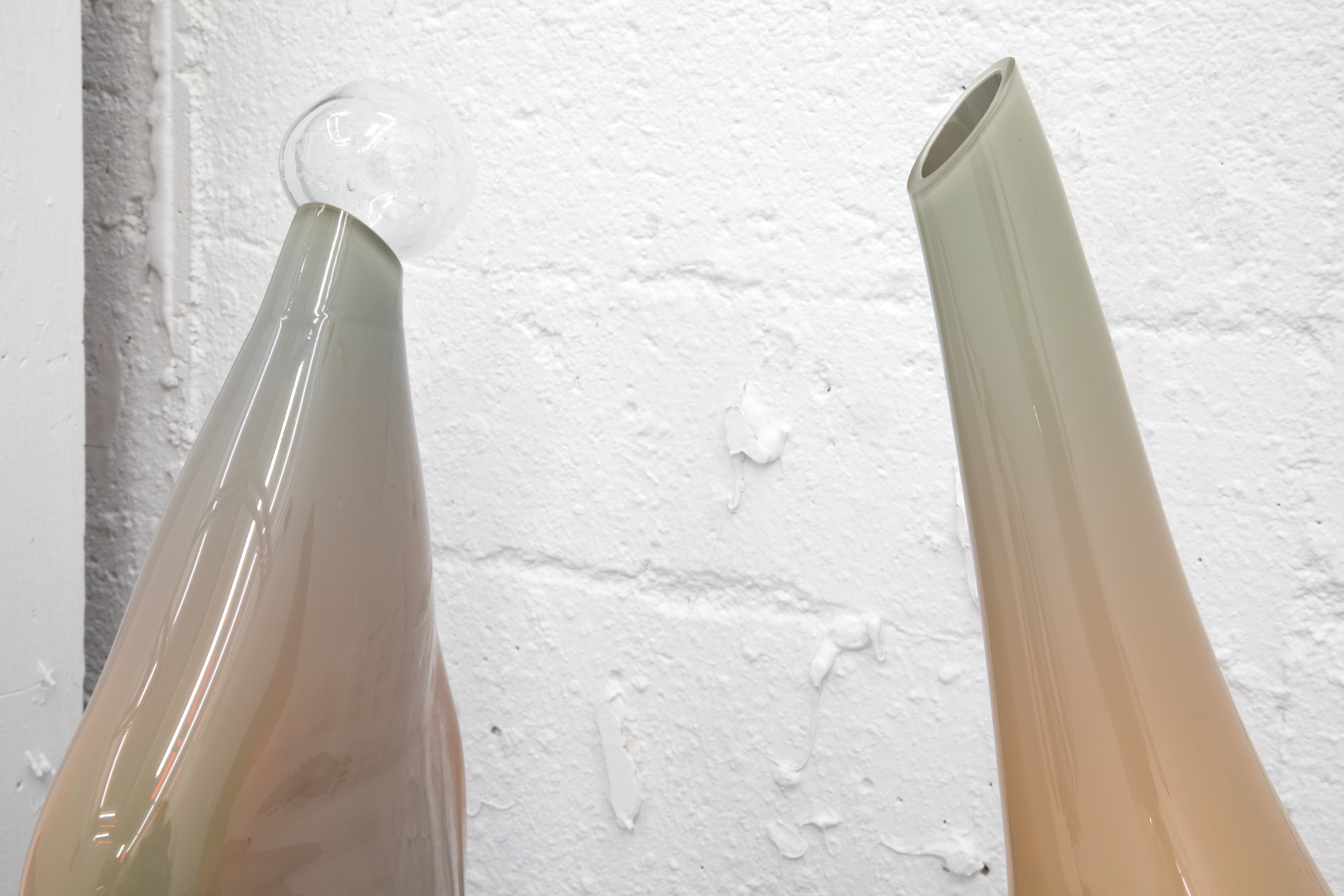


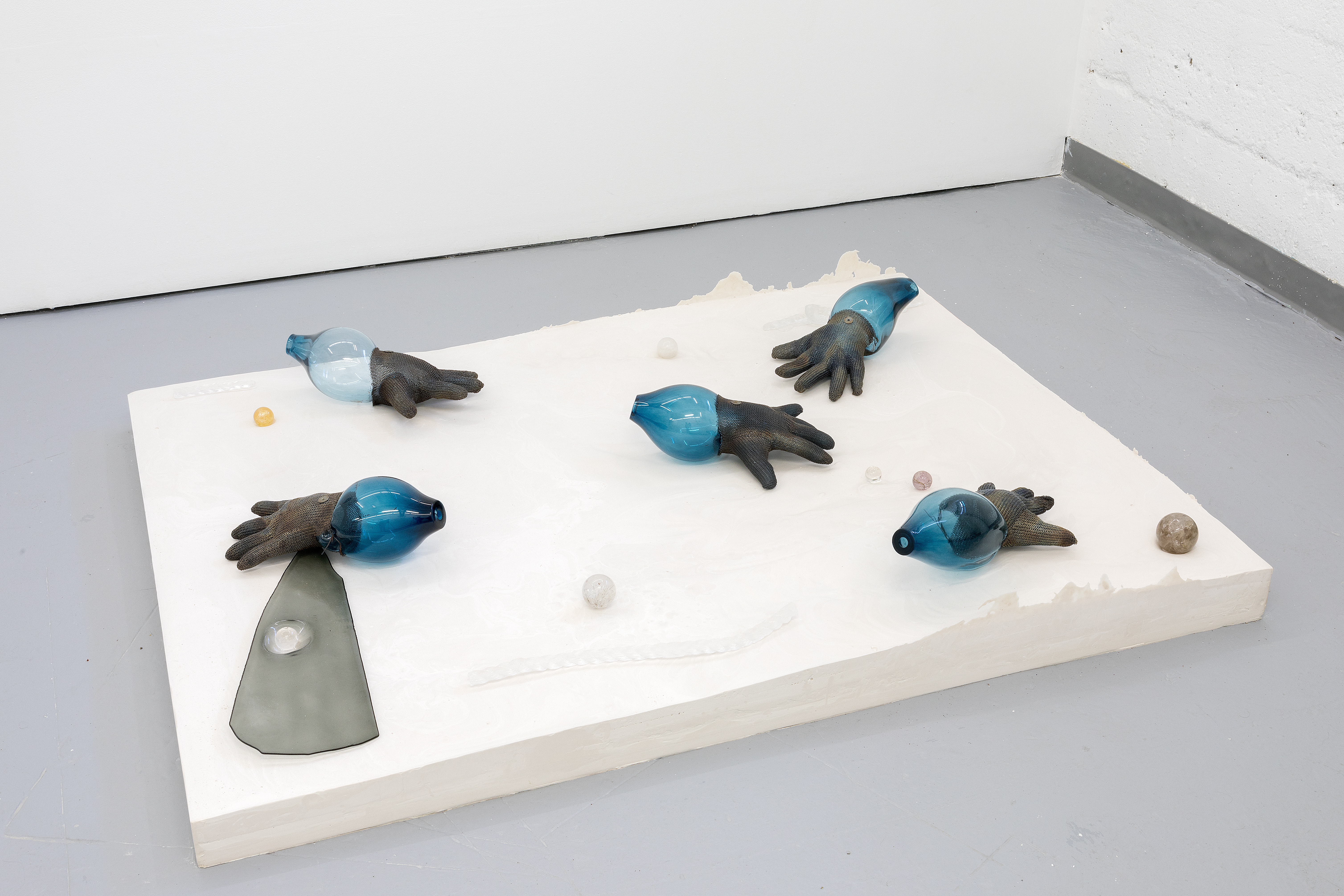
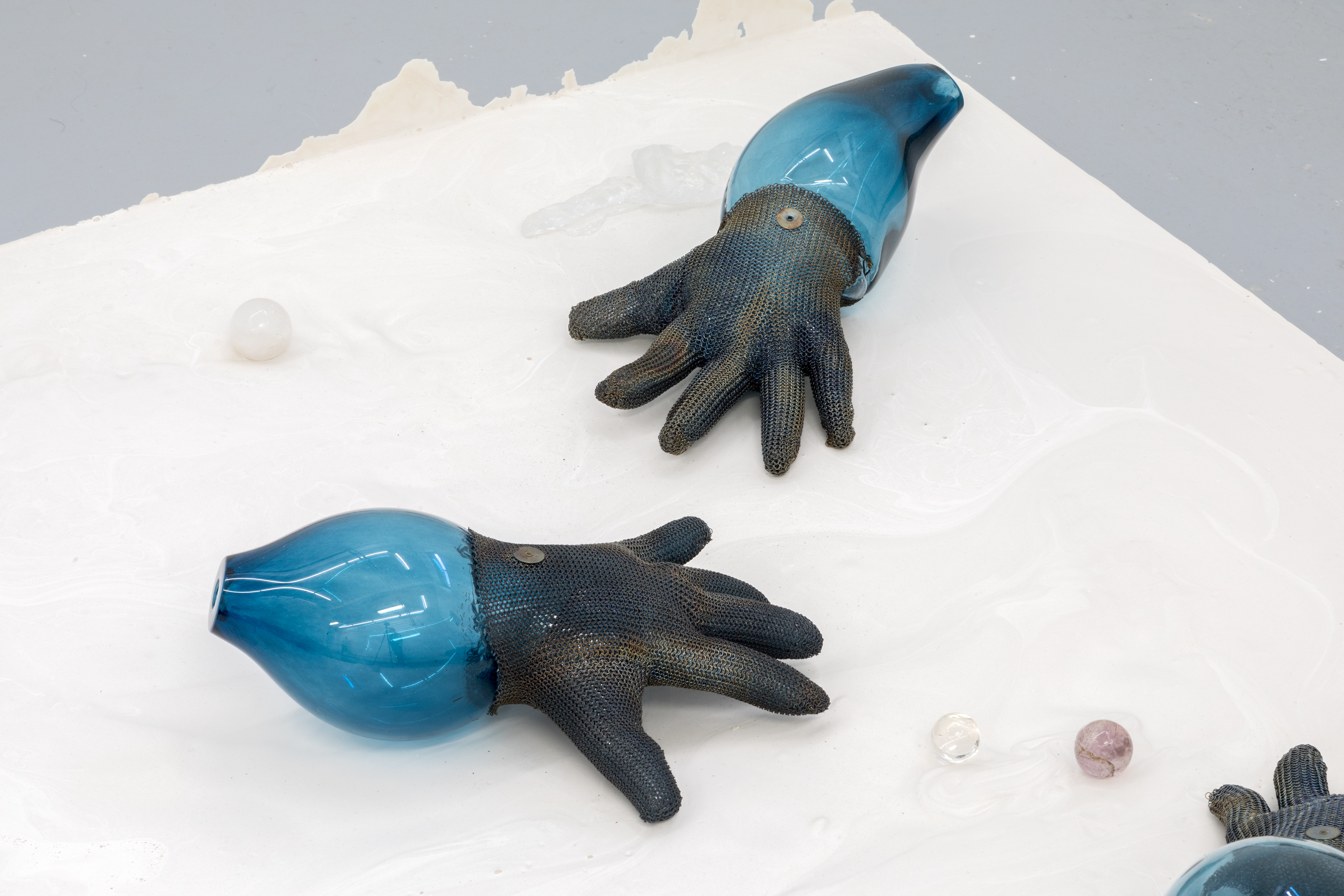

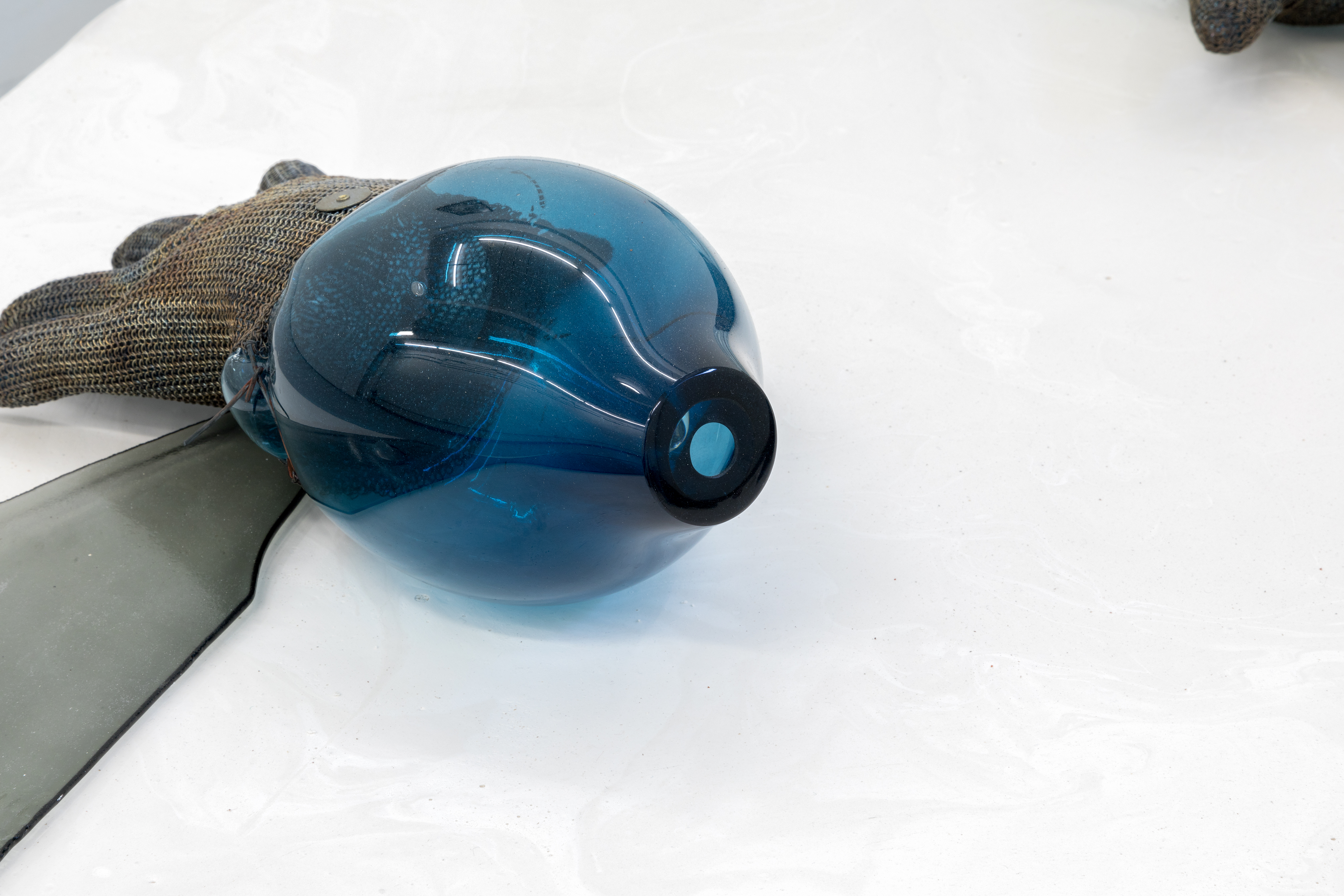


The renowned Brazilian modernist landscape architect Roberto Burle Marx, is best known for the social, aesthetic and spatial impact of his public urban space designs, most notably parks, gardens and promenades in Brazil and Venezuela and elsewhere. This is epitomized in the design of an estate located on the outskirts of Rio de Janeiro, Sítio Roberto Burle Marx (Roberto Burle Marx Site), which consists of a luscious garden of local plants, a studio space, a church and a museum with the most comprehensive collection of his artistic production, including paintings, drawings, ceramics, tapestries, and set designs. Margaret Mee, the British botanical artist, devoted her life to the search and documentation of uniquely local, and at times endangered, flower species in the Amazon forest, to which she made numerous expeditions. The close collaboration between Burle Marx and Mee, with the common goal to record, highlight and sustain indigenous flora and fight deforestation is commemorated in the Sombral Margaret Mee (Shade house) that Burle Marx executed at the Sítio after Mee’s death. The Sítio, now a national monument, is a highly protected environment that demonstrates a precious balance of natural and man-made creations. Admission to this utopian vision now requires a passport, while the guards stand inside to monitor all human activity, from the worker’s gardening to visitor’s touring.
Lorna Bauer encounters architecture, urban design and landscape architecture through a purposeful unplanned journeying, akin to the Situationist dérive. Drifting through a place, she welcomes its’ ambiances onto her, invoking intimate emotional responses that lead to a experiential connection to the locale. A flanêur relies on this sensual imprinting to make sense of their surroundings, and in The Hand of Mee Bauer materializes the incident of her wandering the Sítio, and the self-reflective transmission it produced. The desire for self discovery and the quest for a profound awareness of place, reveals given reality as a complex and paradoxical encounter.
It took Mee 20 years to find the unique Amazon moonflower that only blooms once a year for a few hours at night. The karmic encounter of the artist with her holy grail lasted only as long as it took her to paint the first ever illustration of this rare bloom.1 The tenderness of such acceptance in handling materials, the pride in a professional’s daily routine, and the persistent pursuit of a singular belief are what drew Bauer to Margaret Mee. Fascinated by the intrinsic character of a material, including its contradictions, Bauer embraces its reactions, even faults, in her works. Loyal to traditionally printed analogue photography, in the darkroom she welcomes each dust particle fallen onto her prints just as she does for the accidental organic forms of her idiosyncratic glass pieces. The richness of textures in her installations, echoing that of the Sítio, are achieved by the acceptance of the material’s inherent features along with the mastering of their artistic manipulation.
Situated in Thessaloniki, Greece, is a 5th century Byzantine temple named Church of Acheiropoietos (translated to English as: not made by hand). This monument of spiritual elevation seems to claim its eminence by the connotation that it has been built by a divine force rather than by human hands. It describes the universal and timeless demand for communion, the intangible above and beyond. In Brazil, the Sítio estate acts as a sanctuary to the uplifting properties of the tactile stimuli found in nature. Bauer’s installation proposes a bridge between earth and human, natural and constructed: toil, personified in the form of the hand laid bare as a metonym for a courtyard. The passion of personal investment that motivates labour which leads to the consequential outcome of excellence is a spiritual trajectory that lays in one’s own hands. It is passed on from generation to generation through a chain of destined eventualities between human and nature.
1. Mee refused to paint flowers in botanical gardens rather than in their natural habitat, “cultivated flowers grow differently and look different” she claimed. Ryle, John. "Margaret Mee and and the Moonflower", 1988. The Sunday Times Magazine, London. Online: https://johnryle.com/?article=margaret-mee-and-the-moonflower
- Evita Tsokanta, 2018
Lorna Bauer was born in Toronto and lives and works in Montreal. She has recently presented her work at Eleftheria Tseliou Gallery, Athens; The Loon, Toronto; CK2 Gallery, New York; The Darling Foundry, Montreal; Model Projects, Vancouver; the Musée d’art Contemporain de Montréal among other venues. Bauer has participated in numerous national and international residencies, including stays at Despina-Largo das Artes, Rio de Janeiro, Brazil, through Diagonale’s international Residency Program; The Couvent des Récollets, Paris; Quebec-New York Residency funded through the Conseil des arts et lettres du Québec; The Banff Centre, Alberta and the Atlantic Center for the Arts, Florida, working with the artist Josiah McElheny. Bauer operates the project space L’escalier in Montréal.
